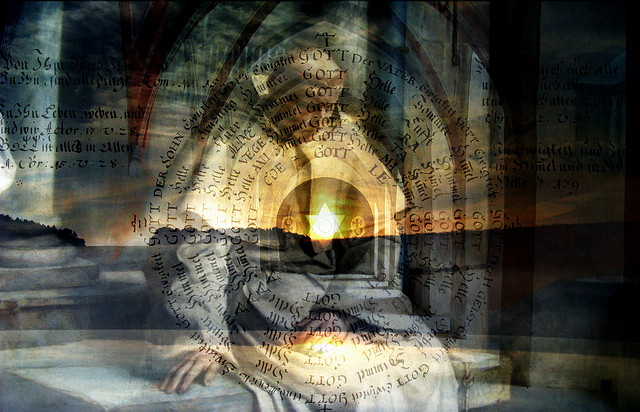Tag: Unitarian Universalism
-

In Search Of Context
I went to a Unitarian Universalist church this past weekend. After several weeks of intense blogging I felt exhausted, emotionally. With all of the new traffic to BITG, there has been a wave of new readers who have no context for why I write or who I am. Without context, without a sense of where […]
-
Know Me By My Pagan Name
What happens when the person I am online – the Druid student, the Pagan – meets real, flesh and blood, non-Pagan identifying people? Which me am I?
